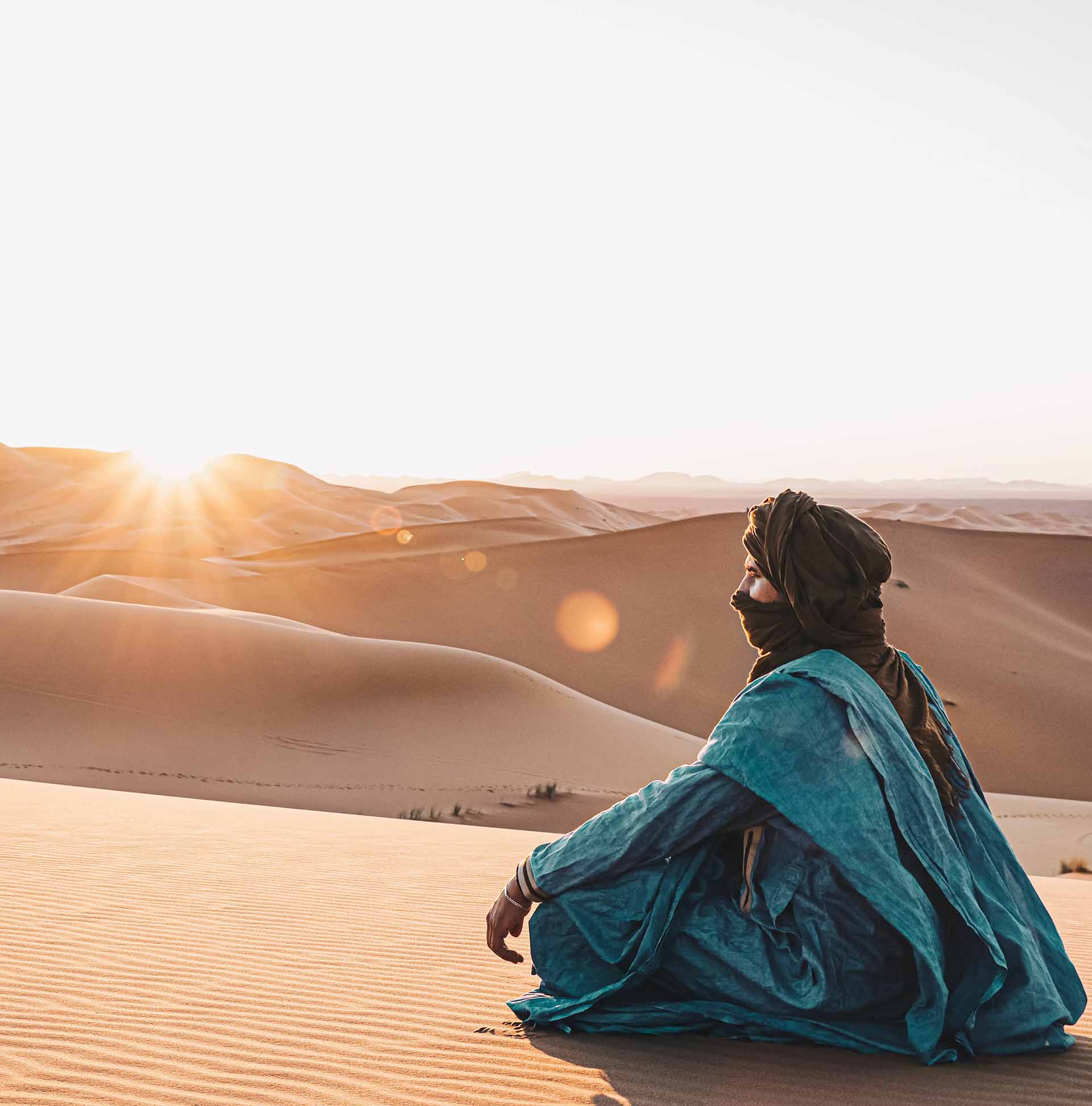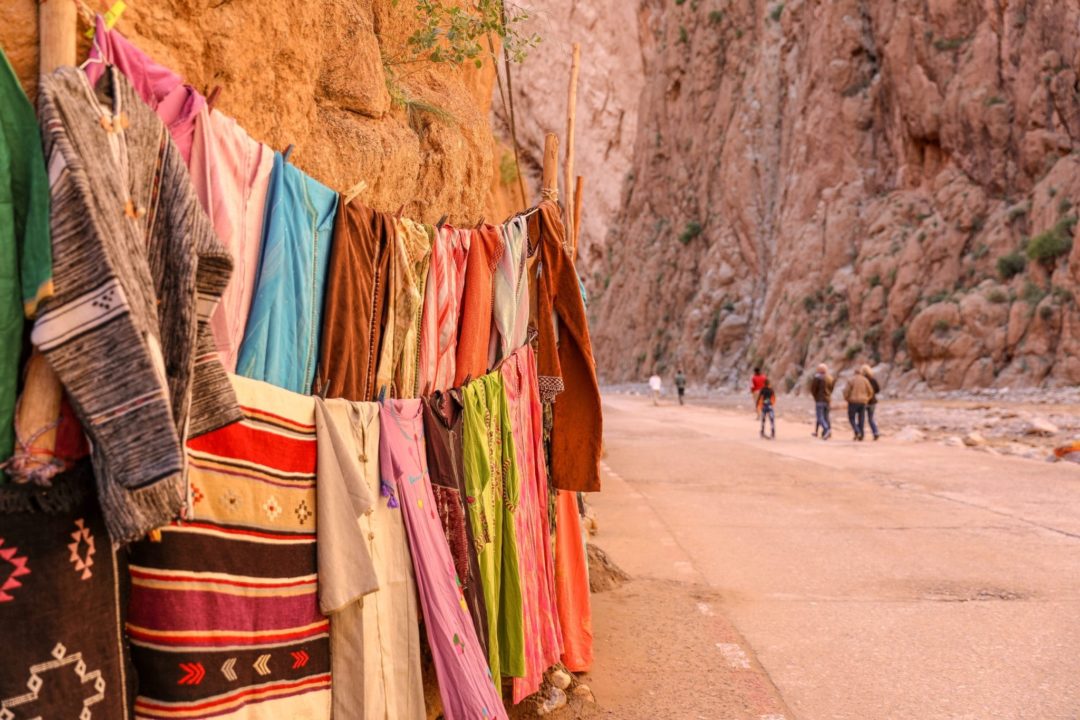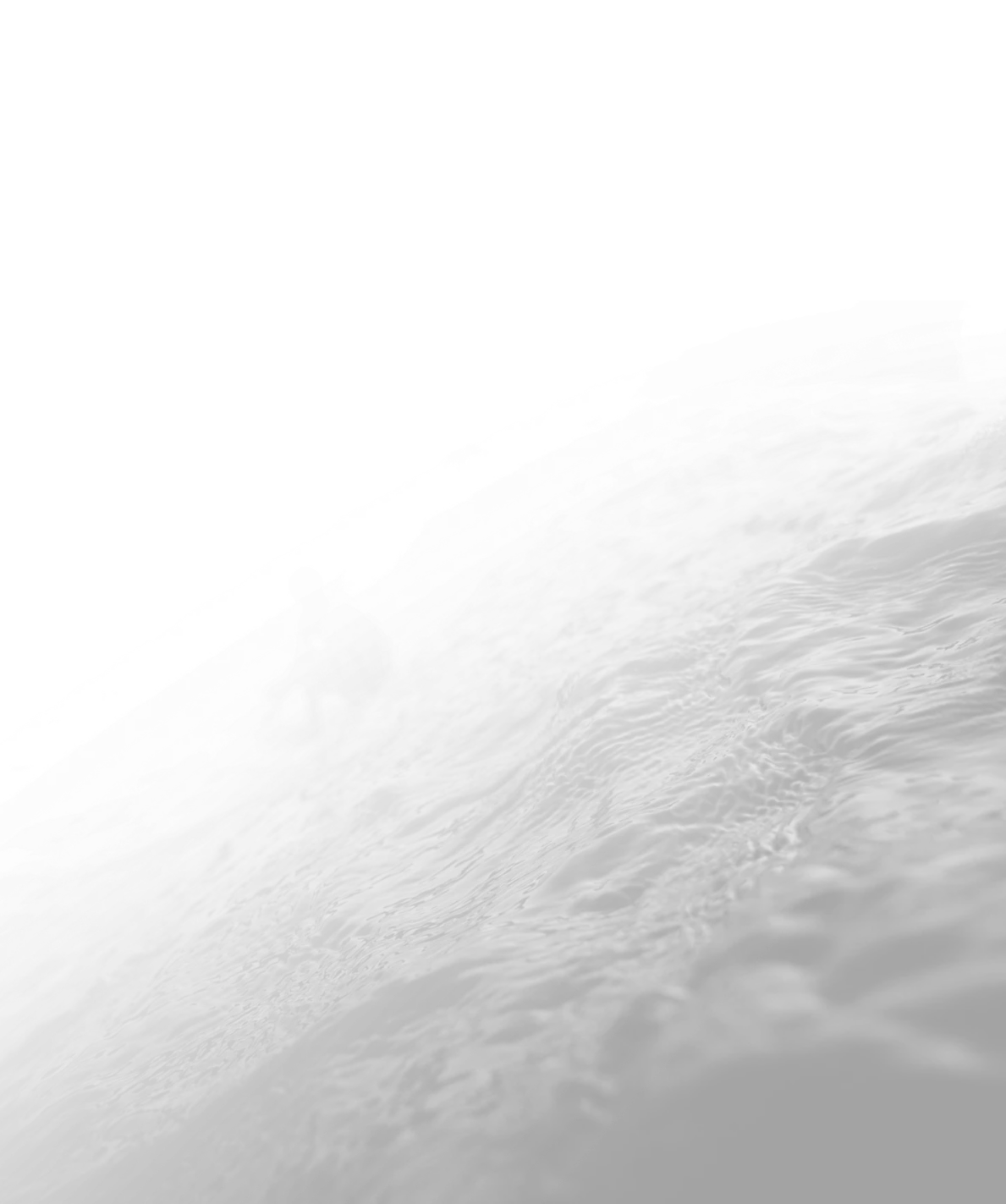To make the most of your surf adventure in Morocco, careful planning is essential. From choosing the right time to visit to understanding the local surf conditions and culture, there are several key factors to consider. By avoiding common mistakes and following a well-thought-out plan, you can ensure a memorable and enjoyable surf trip to Morocco. So, if you’re ready to ride the waves in this North African paradise, read on for essential tips and advice on planning your surf trip to Morocco.
The first step when starting to organize a surf trip to Morocco is to choose a region to surf. After you have decided on which region you want to go to, you still have to figure out the specific breaks for this getaway, and finally, your accommodation (which is, of course, Banana Village in Tamraght, Morocco).
Although this might seem simple and it’s been on your bucket list for ages, you should know there is a lot involved in planning a trip to a Northern African country. But please, don’t be worried, as we will explain here all the steps to make your surf holiday as hassle-free as possible!
Before getting busy on the Medina and glaring at the bright colourful goods and spices in the Souks, there are a number of things you should be aware of so you don’t end up hiking in the desert with your least comfortable shoes on! So sit down comfortably and let us help you out in turning this surf holiday more relaxed for you and your friends (or partner in crime).
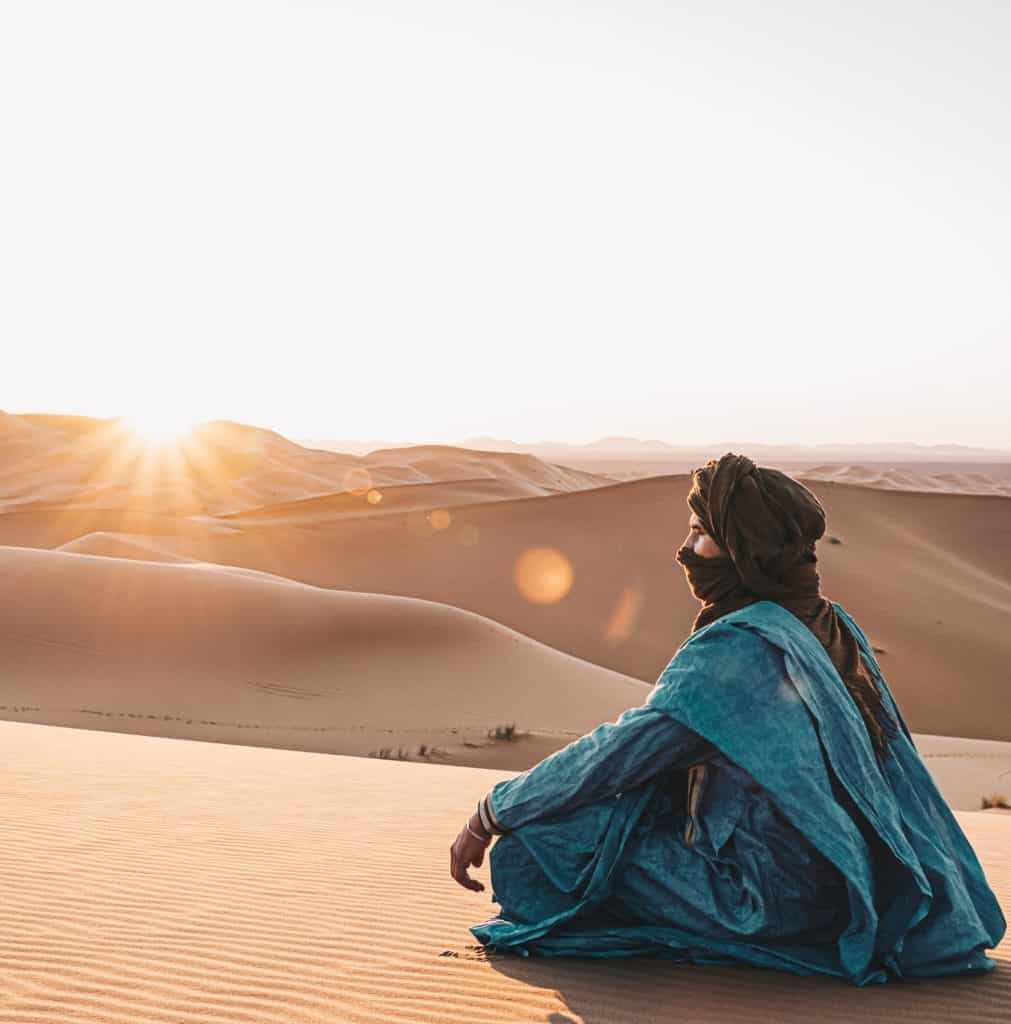
Check VISA Requirements for your Surf Trip to Morocco
Citizens of the countries below who are travelling to Morocco for tourism and plan to stay less than 90 days, do not require a VISA:
Algeria
Andorra, Argentina, Australia, Austria, Bahrain, Belgium, Bulgaria, Brazil, Chile, Congo (Rep), Côte d’Ivoire, Guinea, Croatia, Cyprus, Czech Republic, Denmark, Estonia, Finland, France, Germany, Great Britain, Greece, Guinea (Conakry), Hong Kong, Hungary, Iceland, Indonesia, Italy, Ivory Coast, Japan, Kuwait, Latvia, Liechtenstein, Lithuania, Luxemburg, Korea (Rep), Kuwait, Libya, Liechtenstein, Mali, Malta, Mexico, Monaco, Netherlands, New Zealand, Niger, Norway, Oman, Peru, Philippines, Poland, Puerto Rico, Qatar, Romania, Russian Federation, Saudi Arabia, Senegal, Singapore, Slovakia, South Korea, Spain, Sweden, Switzerland, Tunisia, Turkey, United Arab Emirates and Venezuela. To these countries, you can add all European Union nationals.
Entry visas are only valid for three months; visitors that wish to stay longer should apply at the local police station within fifteen days of arrival. For other visa enquiries, you should contact the Embassy of your country in Morocco.
Citizens from all other countries not mentioned here require an official visa from a Moroccan embassy. If you are not sure what is needed to get into Morocco from your homeland, check your country’s Moroccan embassy website to see the requirements.
From most countries, the only thing you need to have is a valid passport (we strongly recommend that the validation of the passport exceeds 6 months at the time of your trip). If your passport has an expiration date due in 6 months, the airline might refuse your entrance on the plane, so please make sure you have the passport valid for over 6 months!
At the moment there are no COVID-related travel restrictions. However, we strongly recommend that you check on these rules with the current information displayed on the Moroccan National Tourism Office official website.
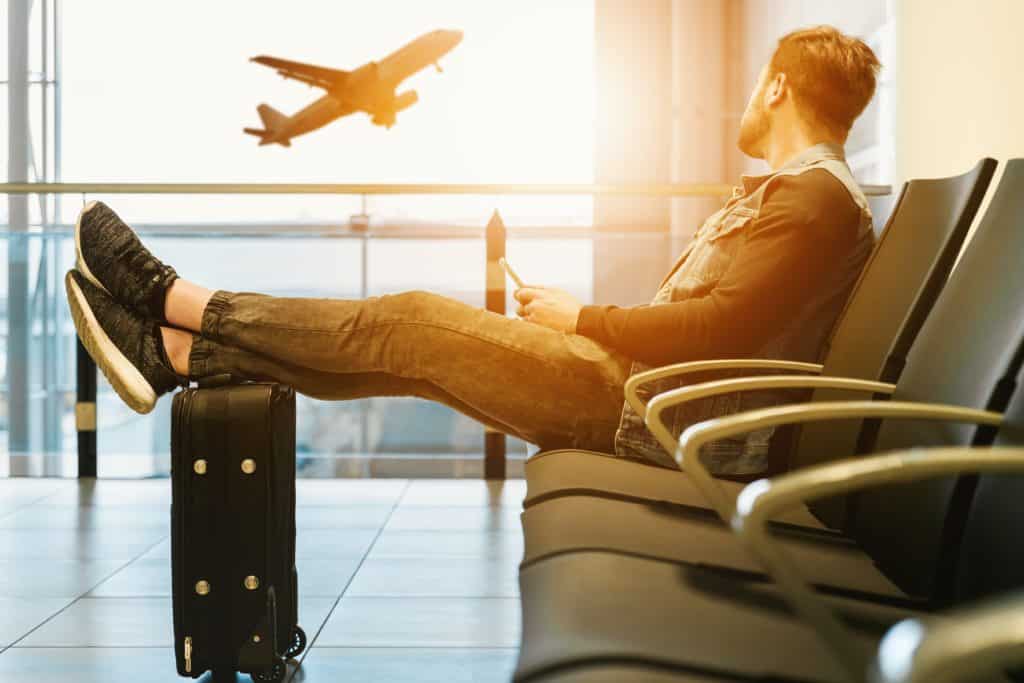
Book your Plane Tickets for your Surf Trip to Morocco
The closest airport to our surf camp is the Agadir Airport (Agadir Al-Massira International Airport), within a short drive from Banana Village. There are other airports you can fly to and then hop on a short plane ride to Agadir. These airports are: Marrakech (RAK), Rabat (RBA), Casablanca (CMN), and Fes (FEZ).
You can use your regular flight search engine (Skyscanner, kayak, etc.) in order for you to find the most adequate flight to your needs. Please notice that if you are coming from the USA or Asia, you will pay substantially more as if you are travelling from Europe, as dis distance is shorter.
Prepare to Surf and Explore Morocco
Our surf camp offers the most enjoyable and relaxed atmosphere of a private villa while also providing all types of surf-related activities to all our guests, considering their needs and expectations. Thanks to our central and beachfront location, you can enjoy all amenities and services and go out for a shopping day nearby, and also still have the peacefulness you are searching for on this vacation!
Our surf spot consists of a right-hand point that has a huge cliff as a background, and you can easily access the scenic Banana beach sand. Our surf school in Tamraght is located right in front of Banana Beach Point. Prepare for the waves with the most fun of your life!
We are working with all-inclusive packages at the moment that includes the following services and activities:
- Healthy daily breakfast to start up your day
- Flavourful daily lunch
- Delicious daily dinners
- Post surfing yoga lessons
- Daily surf lessons for all levels
- Weekly video analysis
- Weekly surf theory
- Free WiFi
- Free Airport pick-up (if you book a min. 7-night stay)

We recommend a minimum of a 7-night stay in order to get immersed in the full surfing experience. However, if you have a little bit more time, take another 3 days (or more) to check out more interesting places in the country – you can follow our article with 10 things to do in Morocco or just try and get a multi-day tour with a certified guide that will take you around the country.
If you want a simple plan you can spend a couple of days visiting Marrakesh, and be amazed at the views and tourist landmarks you can discover. Consider adding a night in the desert, or a visit to Fez (where you can find my personal favourite Souk). Chefchaeouen (the well-known blue village) is also a place worth stopping by if you have the chance!
Although Morocco is a safe place to visit, we highly suggest booking all your external day trips and activities in advance, to make sure the company you choose has a reputation and follows all regulations and procedures. When considering these trips on-site, you need to be careful in dealing with the vendors in the souks and markets who will sometimes try to persuade the customers to get cheaper items or trips for a bigger price. So make sure you make your research in terms of the pricing and conditions of what’s practised in Morocco.
Health and Immunizations for your Surf Trip to Morocco
You are recommended to have the basic vaccinations in your system so you can enter Morocco and have no risk in getting these diseases: measles-mumps-rubella (MMR), tetanus, chickenpox, polio, Hepatitis A and typhoid. These last two you need to be very careful as you can get them from food or water. The tap water in Morocco is not advisable to drink if you are not a local.
If you want to be 100% safe you can also get Hepatitis B vaccine and Rabies. You will find a lot of animals throughout Morocco, so if you get bitten or scratched by one, try and go immediately to the nearest health centre or hospital so they can access the risk of your injury.
We also advise you to carry a Travel Medical Kit, which you can build according to your needs. Check the CDC website for tips and kits.
Another very important thing is to make sure you have good travel insurance that can cover for any loss, injury or disease during your surf trip to Morocco!
The main language spoken in this country is Arabic. You will also find little villages where old dialects are still used to this day. The second language of this country is French, and if you are going to the souks, stores or any hotel/restaurant, all the staff should have an excellent knowledge of the french language. English is widely spoken as well, but if you are planning to go and visit remote villages, it’s a good idea to have an idea of how to communicate basic words and phrases.

Learn the basics – Arabic words and phrases
Do you speak English?
Hal tatahdath alenglizia?
Where can I get a bus?
Ayna yomkinani al hosool ala hafila?
Where can I get a taxi?
Ayna yomkinani al hosool ala sayara ojra?
Where can I get a train?
Ayna yomkinani al hosool ala al qetar?
I need a doctor a
htaj tabeeb
I need the police
ahtaj ila alshorta?
How much is this?
kam thaman haza
I am. . . and I’m from.
Ana …ana men….
Hello/Goodbye
Ahlan / maa alsalama
Please/Thank you
men fadlak/ shokran
I’m sorry
Ana asif
Can I have
hal yomkinani alhosool ala
Yes/No
naam / la
What’s your name?
ma esmok
How are you?
kaif halak?
Pardon/Please repeat
maazira / berjaa al eaada
Sorry I don’t understand
Asif la afham
Where is (the…)?
ayn al…
Welcome
ahlan bek
I am lost
ana ta’h
Can you help me?
hal yomkinak mosaadaty?
Again, please
mara okhra, men fadlak
More slowly, please
bebot’ men fadlak
Great!
aazim
I am…
Ana…
How do I get to (location)?
kaif azhab ela (almakan)
What time is it?
kam alwakt?
Go straight, then turn left/right
ezhab ela al tarek almobasher , thom estadr llyasar/ alyamin
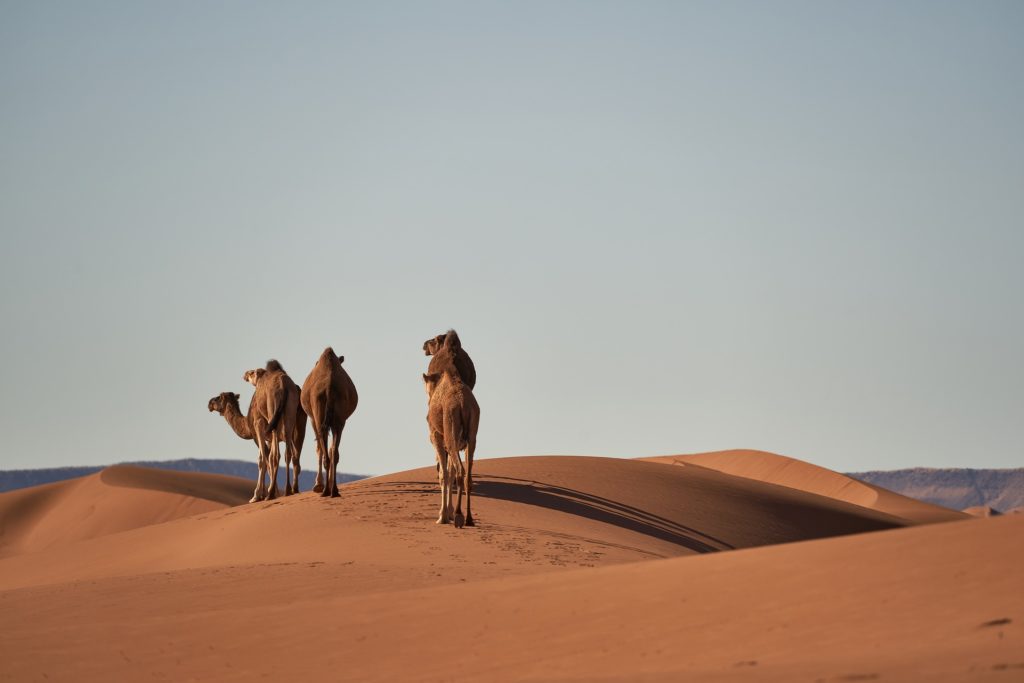
Prepare your arrival with Rapture Surfcamps
Included in your booking with Rapture Surfcamps in Morocco, you can add a transfer from Agadir Airport for 20€ per person, each way. If you book a 7-night stay with us, the pick-up is free!
The first thing you need to do is fill up your guest online registration with your personal information so we can return a document you’ll need to show in the airport so you can get into Morocco. This document proves you have a booking with us.
We will need your flight details so we can pick you up at the right time, considering the plane might get delayed.
Other recommendations we have, especially if you are starting this surf trip to Morocco on your own, and then visit rapturecamps:
- Download GoogleMaps for all the cities you are planning to visit (it’s a good app to keep you on the right track);
- Find out if it works better for you to activate roaming on your phone, or if it’s cheaper to buy a local SIM card and use it.
- Have some EUR or USD in hand, just in case you have any issues with withdrawing money from any ATM.
We hope this blog post will help you organize your holidays in Morocco. If you have any questions you can always contact us at support@rapturecamps.com
Guest Reviews for Rapture Surfcamps
FAQs
The best time to visit Morocco is during the spring (March to May) and fall (September to November) when temperatures are moderate. However, each season has its unique charm, so consider your preferred activities and climate.
Visitors from many countries, including the United States, Canada, and European Union countries, can enter Morocco visa-free for stays up to 90 days. Check the specific visa requirements based on your nationality before traveling.
Marrakech, Fes, Casablanca, Chefchaouen, and Essaouira are popular cities to explore. Each offers a unique blend of history, culture, and vibrant experiences.
The currency in Morocco is the Moroccan Dirham (MAD). Credit cards are widely accepted in urban areas, but it’s advisable to carry some cash, especially in more rural regions. ATMs are readily available in cities.
Morocco is generally safe for tourists. However, it’s essential to take standard precautions, such as being aware of your surroundings, securing valuables, and respecting local customs.
